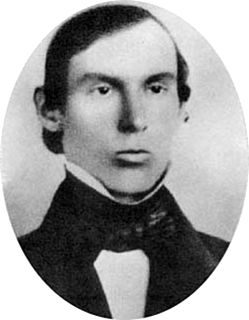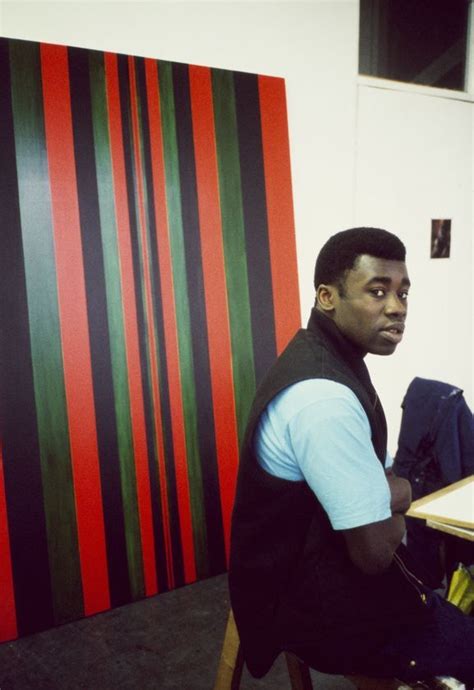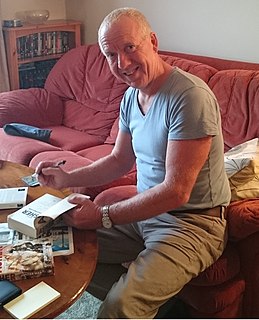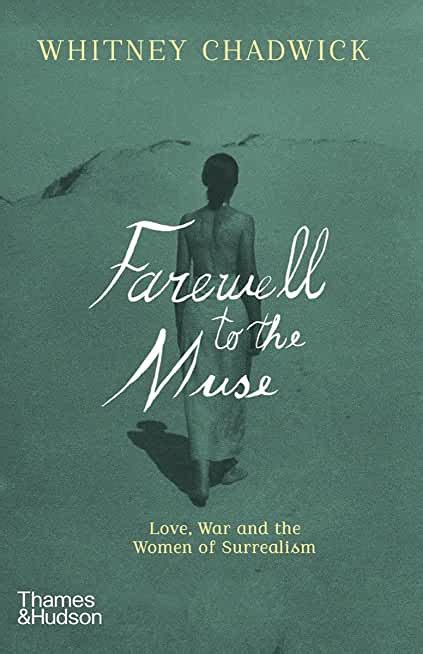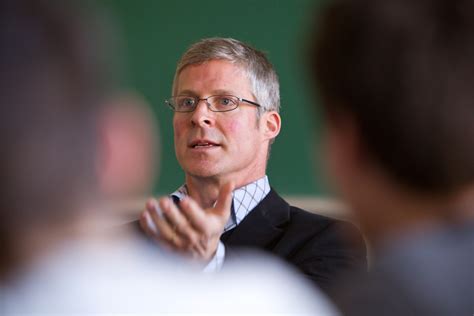Top 1200 Often Can Quotes & Sayings - Page 8
Explore popular Often Can quotes.
Last updated on December 20, 2024.
Turning 40 is often a big symbolic point in one's life. In the 20s we feel we can do anything, but as the 30s progress we become more mature emotionally, and in terms of work tend to focus. These two things combined: emotional maturity and career focus, often produced an explosion of self-purpose in our 40s.
The fact is that I write under duress, often in my bed, often at the last minute. I'm kind of a binge writer I would say, which I don't support. I was always kind of that way. Probably the time I was the most regular as a writer was college. It was like, what else is there to do when you're living in the Midwest studying creative writing?
Strange, is it not, my brothers, how often in America those great watchwords of human energy - 'Be strong!' 'Know thyself!' 'Hitch your wagon to a star!' - how often these die away into dim whispers when we face these seething millions of black men? And yet do they not belong to them? Are they not their heritage as well as yours?
Why is it that, when we want to think outside the proverbial box, we often put ourselves in one? We gather our team in a conference room, plaster the walls with sticky paper, and wait for the ideas to flow in a stream of marker scribbles. How often has your quest for innovation peaked at renovation - new dressing on old ideas?
I loved taking off. In my own house, I seemed to be often looking for a place to hide - sometimes from the children but more often from the jobs to be done and the phone ringing and the sociability of the neighborhood. I wanted to hide so that I could get busy at my real work, which was a sort of wooing of distant parts of myself.
Analogies and metaphors have often proved pivotal in expanding our thoughts both within and without science, and so one should not discourage the attempt to synthesize apparent opposites. However, citizens of the New Age often forget that, when they involve science, analogies should be tempered by experiment and calculation.
A typical leader has - a natural tendency is to be defensive in the face of a crisis. The first reaction is to blame someone - or something - else. Often, the blame is aimed at something abstract or non-controllable, which often has nothing to do with the crisis but is adjacent to whatever is going on, so it's an easy target.
When I was painting in art school - and I think many painters in the 1980s worked similarly - a finished painting would often be constructed from lots of other paintings underneath. Some of these individual layers of painting were better than others, but that was something that you would often only realise retrospectively.
Often a successful problem-solver is one who creates a new context in which to view the problem. This can often be done by directing one's attention away from the distracting details of the difficulty. From a detached perspective, we may examine the situation in a new or different light and, after exploring information and options, choose an appropriate course of action.
It is a common failing-and one that I have myself suffered from-to fall in love with a hypothesis and to be unwilling to take no for an answer. A love affair with a pet hypothesis can waste years of precious time. There is very often no finally decisive yes, though quite often there can be a decisive no.
With fantasy, one often has to think of a well-loved series before narrowing the selection to a favourite book. So it is with Zelazny. I've read his 'Princes in Amber' books so often, I know them almost verbatim, so much so that I am now trying to forget them so I can return to them with renewed pleasure.
Every field piece I did on 'The Daily Show' was a story that lasted five to six minutes. We had a protagonist, we had an antagonist and often put them at odds. We knew the story we wanted to tell before we went in, and often it was about plugging whatever character you have - in this case, a real person - into said part.
A poison can hardly be called safe if for some reason specific to me it's ineffective against, say, my body. But the power of story on the human mind is such that anecdote is often more persuasive than numbers. That's why news stories often concretize the impact of a change in government policy by following the story of one person.
Attempts to juggle domestic responsibilities with artistic production have often resulted in smaller bodies of work, and often works smaller in scale, than those produced by male contemporaries. Yet art history continues to privilege prodigious output and monumental scale or conception over the selective and the intimate.
How often do we use other people as screens upon which to project our obsessions? Our discontents, dreams, desires, and fears? Well, I always thought, often enough that its a wonder the whole waking world isn't simply viewed as an endless improvised film. One with as many screenwriters, producers, and directors as there are actors
But the morbidity of sorrow-not cultivated sorrow, but that which comes inevitably-is often a productive sluggishness, a time when the soul slows down, too weary to go on, and takes stock of where it's been and where it's going. During these gloomy pauses, we often discover parts of ourselves we never knew we possessed, talents that, properly activated, enrich our lives.
It is often sadly remarked that the bad economists present their errors to the public better than the good economists present their truths. It is often complained that demagogues can be more plausible in putting forward economic nonsense from the platform than the honest men who try to show what is wrong with it.
While white women and men of color also experience discrimination, all too often their experiences are taken as the only point of departure for all conversations about discrimination. Being front and center in conversations about racism or sexism is a complicated privilege that is often hard to see.
I think that human beings, even the ones who are sometimes hurting you, are often very, very confused at their center. Even people who are doing things that are nefarious - it's often out of confusion. I know that it's tough to be a human whether you're good or bad. I'm acutely aware of that. If that comes through, then I'm really grateful.
Political parties often take advantage of denial and fear in a moment of change. This is a well understood phenomenon that often leads to scapegoat-ism: blaming outsiders, such as immigrants, or racial and religious minorities. The phenomenon is behind Brexit and the violence in the political cycles in the US and EU.
The impossible often has a kind of integrity to it which the merely improbable lacks. How often have you been presented with an apparently rational explanation of something that works in all respects other than one, which is just that it is hopelessly improbable? Your instinct is to say, 'Yes, but he or she simply wouldn't do that.
I'm often asked the same question: What in your work comes from your own culture? As if I have a recipe and I can actually isolate the Arab ingredient, the woman ingredient, the Palestinian ingredient. People often expect tidy definitions of otherness, as if identity is something fixed and easily definable.
When I was a small boy I often went to the woods to lie on the grass in the shade. Somehow I had come to believe the earth could give me wisdom, but it did not. Yet I learned a little about animals and learned it is not always brave to make a stand. It is often foolish. There is a time for courage and a time for flight.
Complex tasks are often better handled in the back of our mind, and that's often true of creative tasks - when you have something complex to deal with in writing or research or responding to an email. I'll start working, put it aside, and sometimes I'll wake up the next morning with a solution, or I'll find one when I exercise.
Psychoanalysis is often about turning our ghosts into ancestors, even for patients who have not lost loved ones to death. We are often haunted by important relationships from the past that influence us unconsciously in the present. As we work them through, they go from haunting us to becoming simply part of our history. (243)
Heroism' often consists in keeping your head in an emergency and doing the best you can with what you have instead of panicking and being shot in the tail. People who fight this way win more battles than do intentional heroes; a glory hound often throws away the lives of his mates as well as his own.
When it seemed like I was going to really have to be there at Todd's [Willingham] execution, I don't think I could have done it. I think I began to distance myself. I didn't visit as often; I didn't write as often. This was kind of after my conversation with [fire science expert] Gerald Hurst. And the [car] accident made sure that I didn't have to go up there. But I think he and I both shared that.
Our behaviour as an athlete is often determined by our previous experiences and how we dealt with those experiences. It is these experiences from past performances that can often shape what will happen in the future. It is for this reason that you learn and move on to be more mentally stronger as both an athlete and as a human!
Katie Grand often comes in from a very different angle than what I've been thinking about. And that really gives it that extra something, because designers can often get stuck in their own view of how the collection can look. I always love the way that she turns it into something else and I kind of let go at that point.








